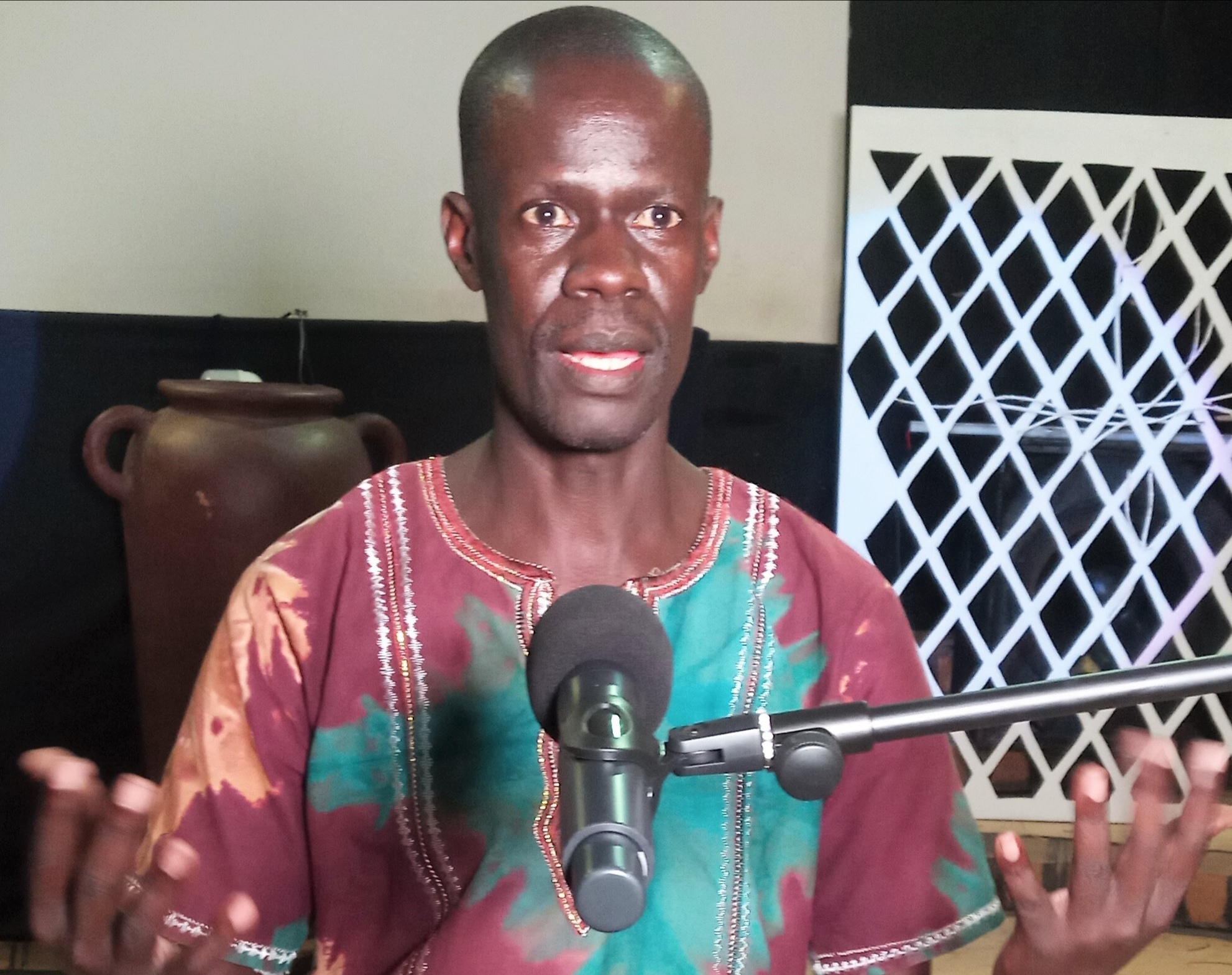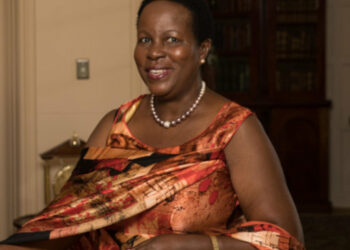Often time, there has been friction between the state and religious bodies over what they should / shouldn’t do, Christians and Muslims alike. This can be traced back from the inception of Christianity to date.
The government has unceasingly blamed the Christian leaders for meddling into politics. On the other hand, these religious bodies have also accused the state for suppressing and wanting to dictate over what should be done. Isn’t it possible to find a level ground?
Why should the state recognize the roles of particularly the church only during hard times then in times of prosperity, the church is warned to stay on her lane? Surprisingly, most governments only see one role of the church-preaching and no other.
Should the church and the state be distinct or should they work in harmony? Picking a leaf from the Apostolic church, we see lots of control exerted over the church by the then ruling authority. They feared losing their authority to the proclaimed coming savior who was thought to be king. The church got perplexed asking who to listen to; the people or God? (Acts 4;17-19) but Christ categorically put it, “My kingdom is not of this world….” (John 1:36). The whole church/state problem stems from two issues: authority and the execution of that authority.
According to Oxford Dictionary, authority is the power or right to enforce obedience; moral or legal supremacy; the right to command or give an ultimate decision. While the church has spiritual authority vested in spiritual leaders, the state has civil or political authority vested in political leaders.
Mathematically, the LCM, or in sets concept, the intersecting elements between the two parties (church and the state) are authority and the subjects of that authority- the people.
The distinction is in the mode of administration. While the church administers authority through the Bible as the yardstick, the state does it through the Constitution for justice / equity. If God is the supreme moral giver, the best constitution should be an excerpt of the Holy book-the Bible.
Human beings are not only physical but also spiritual beings; from President to a common shamba boy. All human beings have spiritual affiliations with a vacuum that can only be filled by the creator. Whether you have religious affiliations or not, the fact that you’re God’s handiwork (Eph. 2:10), you’re a spiritual being. Therefore, church ministry must be to all because all were created by God in His image (Gen.1:26-27).
The Lord Jesus’ growth as a child and his early ministry demonstrates a lot for the church to have all aspects of life attended to. Physical, personal, economic and social (Mt. 25:35-40) very similar to what the state should offer to her citizens.
Precisely the duties of the church to community can be deduced from Christ’s ministry envisioned in Luke’s Gospel. “And Jesus grew in wisdom and stature, and in favor with God and man.” (Lk. 2:52) reminds us of four aspects of life that the church has focus on;
Growth in wisdom: Is the mental or cognitive development. Through teaching, we transform the society.
Teaching creates change and brings new mind set. Knowledge is got from learning and this the reason the Bible says people are lost due to lack of knowledge. (Hosea 4:6). Consider the first schools in this country built by the missionaries to reach the population and deal with ignorance levels. As they teach obedience to God’s law, corrupt governance should also be rebuked as long as they don’t promote justice, the rule of law and fear of God.
Growth in Stature: Is the physical aspect of life, the figure, physique or the buildup of the body. Christ as our model fed people (Lk. 9:15), healed the sick (John 5:58) for their welfare. A church that doesn’t meet the people’s needs forfeits her call. Unhealth bodies are a hazard to development. Churches not only do exorcism but also have to set up health facilities to medically treat sickness. Early missionaries pioneered it.
Growth in favor with God: Is the vertical relationship with the creator God, which is spiritual growth. As vehicles are taken to the garage to be fixed, spiritual fix is done in Church– all have sinned (Rom. 3:23) and are welcome to Church. Preaching to soul gives hope for destiny. Even enemies can sit in one church under one sermon, reconciled, with hope to meet the creator, supreme judge.
Growth in favor with men: highlights the horizontal relationship of man with man which is social life or responsibility. There is no prison in church for errant believers yet transformation affects the entire society. The Church guides and counsels for moral uprightness.
Christ fulfilled the citizenry responsibility by giving taxes to the authority. Believers are not canned in order to give tithes, offertories and other social responsibilities. The church takes the upper hand in teaching moral uprightness in society of decadence. Today the highest percentage of learning institutions in Uganda are not state run but church founded.
The church is a key stakeholder in the transformation of the society and a strong partner in development. Where the services of the church are halted, then ignorance covers population, moral decadence rises, poverty strikes, families break and hell opens wider.
In normal setting, the church is a one stop Centre for transformation and a public service Centre: many people have learned to behave in public, speak, and even had their talents kick started in church. Ask most singers where their talents began from if not in the churches.
It is not a sin for a spiritual leader to guide believers on who to vote since the purpose is to serve and transform the society, for new world view, obedience to state and above all to God. Old Testament kings enquired of God through priests and prophets and the latter would warn the former of impending judgment from God. (I Chronicles 10:14). Heed Church counsel. The church isn’t limited to preaching!
mumbej@yahoo.com
The author is a Theologian, Educator and Pastor
Do you have a story in your community or an opinion to share with us: Email us at editorial@watchdoguganda.com












